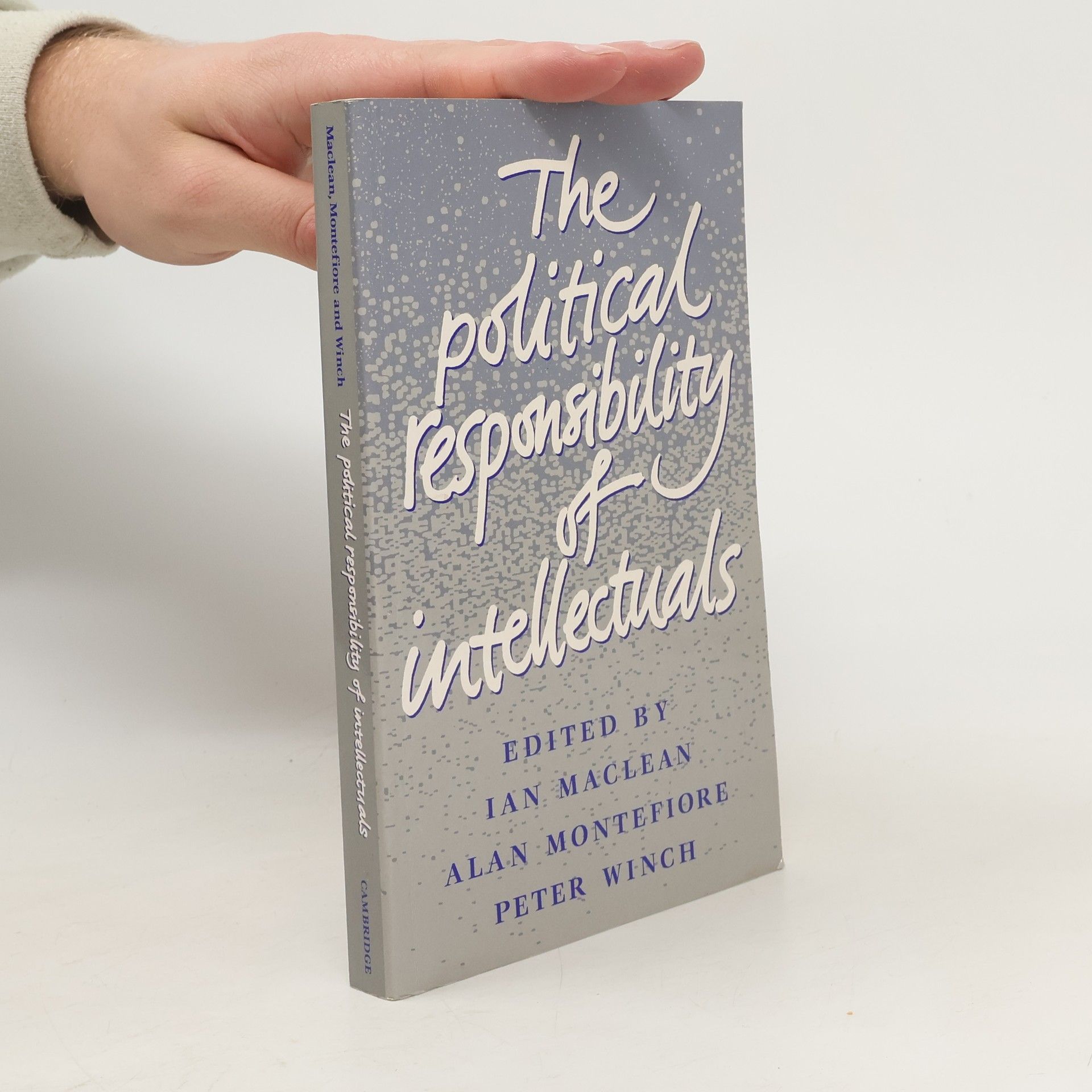Double Nation
- 304 pages
- 11 hours of reading
A major new account of Australian art, from colonial to national.






A major new account of Australian art, from colonial to national.
This official Microsoft study guide helps the reader prepare for the skills measured by MCITP Exam 70-646. Readers can work at their own pace through a series of lessons and reviews that cover each exam objective. Real-world case scenarios and practice exercises are included.
The Class 47 diesel locomotive was a mainstay of British Rail, with 512 built in the 1960s. As such, they were a daily sight throughout the UK, working express passenger and heavy freight trains as well as more mundane local passenger and wagon-load freight all over Britain.For rail enthusiasts, 'bashing' emerged as the art of trying to ride behind as many locos as possible. Largely due to their prolific numbers, the 47s were often disliked by bashers and the 47s were often given the disparaging nickname 'Duffs', but to those who followed them, they were 'Brush', an abbreviation of Brush Type 4, which was how BR originally referred to them. However, as time passed and other classes of locomotive fell by the wayside, a far greater appreciation of them is now the norm.This book records 1982 to 1985 and many days spent trying to travel behind all 507 of the Class 47s that were still in traffic at that time. There were triumphs and disasters in the course of these travels, but you got to go the length and breadth of the country and the book contains a wide variety of color photographs of Class 47s at work from Inverness to Penzance.
Covering many locations not seen in the first two volumes, this book is a continuation of Ian McLean's series on the popular Class 47 loco.
This volume provides a visual journey of the Class 47s in 1985 86.
Dieses Buch bietet eine Einführung in das Betriebssystem und bereitet Sie darauf vor, Windows 7 zu installieren, zu konfigurieren und zu verwalten. Dieses Original Microsoft Training dient dem Selbststudium in Ihrem individuellen Lerntempo und ermöglicht Ihnen anhand von Übungen die praktische Umsetzung der vermittelten prüfungsrelevanten Fähigkeiten. Anhang von Fragen und Antworten die Möglichkeit, die während des Selbststudiums erworbenen Kenntnisse zu überprüfen. Verbessern Sie so Ihre Qualifikationen und Ihre beruflichen Chancen mit diesem Original Microsoft Training.
Erlernen Sie die Konfiguration einer Exchange Server 2007-Umgebung und bereiten Sie sich gleichzeitig effizient auf das Examen 70-236 vor. Mit diesem Original Microsoft Training kein Problem. Das Buch ermöglicht Ihnen im Selbststudium die Erarbeitung der prüfungsrelevanten Fähigkeiten in Ihrem individuellen Lerntempo. Die einzelnen Kapitel sind in Lektionen unterteilt, die praktische Übungen und Beispielszenarien enthalten, so dass Sie theoretisches Wissen gleich in die Praxis umsetzen können. Auf Begleit-CD finden Sie einen Test zur Lernzielkontrolle mit 300 Fragen (englischsprachig), der Ihnen anhand von Testfragen die Möglichkeit bietet, die während des Selbststudiums erworbenen Kenntnisse zu überprüfen. Verbessern Sie so Ihre Qualifikation und Ihre beruflichen Chancen mit diesem Original Microsoft Training.